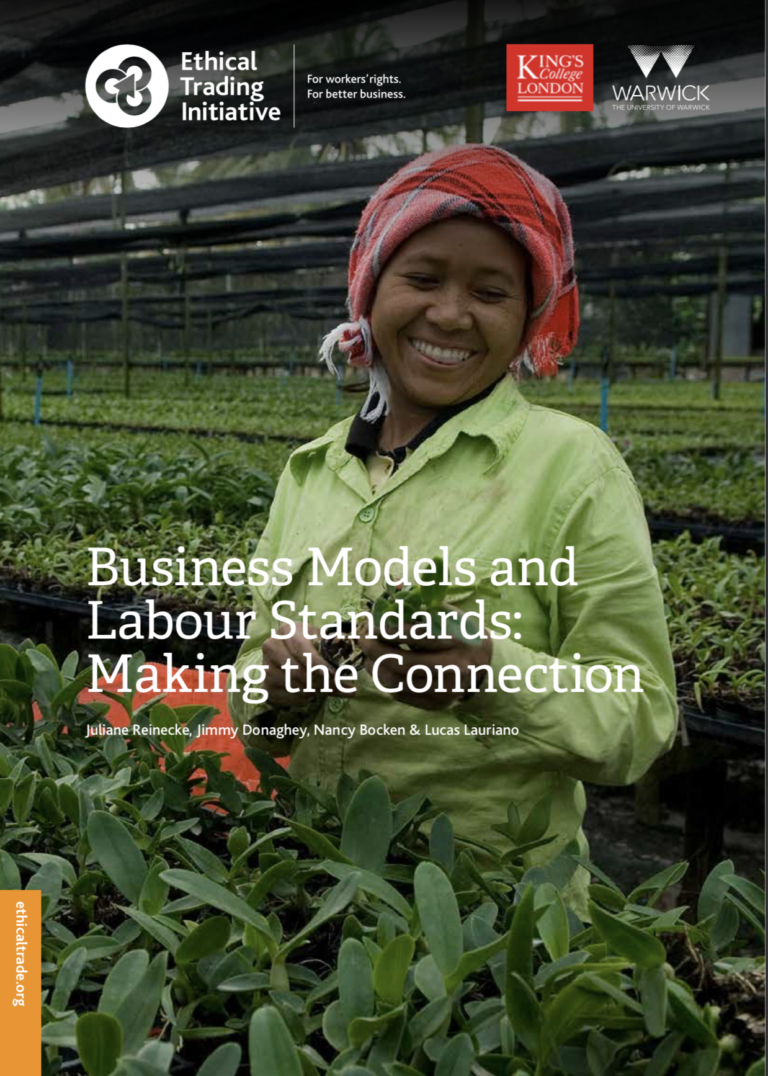Business and Human Rights: A Guidebook for National Human Rights Institutions
GuidanceIn November 2013, the International Coordinating Committee for the Promotion and Protection of Human Rights (ICC) and the Danish Institute for Human Rights (DIHR) published Business and Human Rights: A Guidebook for National Human Rights Institutions...Read More

